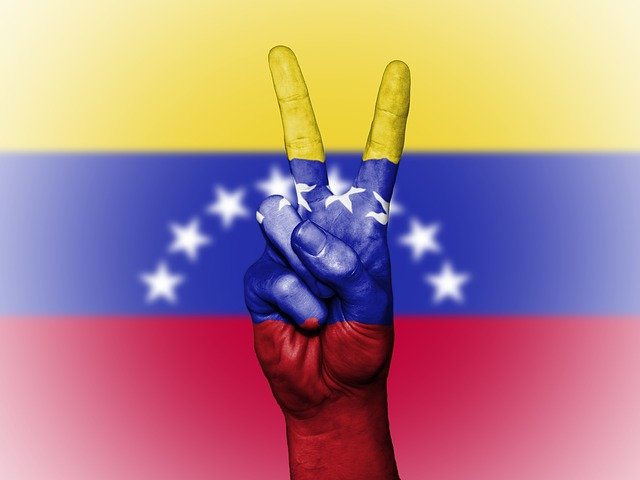
Being an entrepreneur in a country rife with inflation and corruption and crippled by economic sanctions can be a stressful business. If the national bank decides to go under and shut down its payment processes, it is likely that your business is going with it. Online transactions will cease, cards become obsolete, and people will be forced to hand over stacks of worthless notes instead.
But cryptocurrencies can help alleviate this problem. As they tend to be outside of the reach of governments, they are able to skirt the dangers of corruption and reliance on physical institutions. Whilst volatility is still a critical issue, recent implementations of stablecoins backed by physical commodities or other stable products are able to reduce this risk element.
In places like Venezuela, where inflation has skyrocketed to ridiculous amounts, citizens are forced to swipe their cards multiple times in order to get around the transactional limit of 20 million bolivar – just to buy some groceries – with each transaction taking up to five minutes to process.
No wonder small business is willing to take on the volatility of an internationally traded cryptocurrency over the debased local currency and glacial domestic payment processors.
Payment gateways such as BitPay and CoinPayments are going so far as to tailor their platform to be more accessible and useful for small businesses, offering custom PoS and merchant tools that can be loaded onto a mobile device and wielded in-store. Modern blockchain protocols are incredibly fast, with some platforms boasting thousands of transactions per second. Cryptocurrency gateways tend to charge much lower fees than traditional methods such as PayPal.
Perhaps most importantly, cryptocurrencies ensure that a business is always able to rely on the international market to support it. Even as the domestic world tumbles down around them, a small business retains absolute ownership of their money so long as it is tied up in a decentralised global network.
This gives them the power to move money across militarised borders and conduct business with a much greater degree of freedom than otherwise, and for advocates of safe and free trade, there could scarcely be a better outcome.






